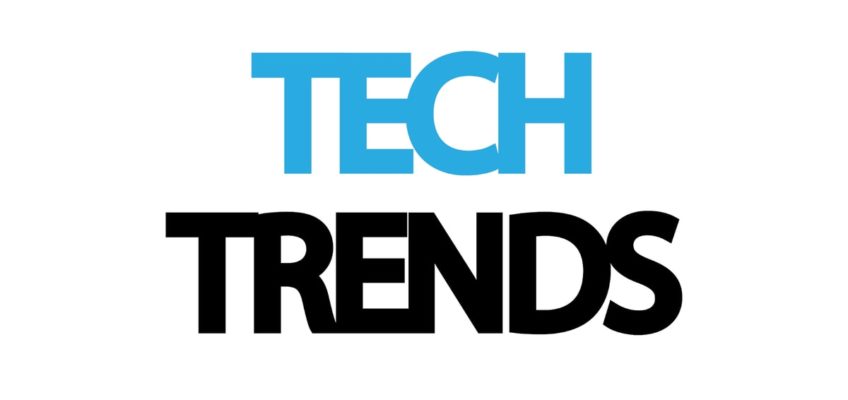Report by Deloitte shows that only 16% of executives believe their teams have the capabilities needed to deliver on their company’s digital strategy.
Despite a significant uptick in investment in emerging technologies in the past 12 months, UK executives lack confidence in their own digital skills. According to a survey recently published by Deloitte as part of its Digital Disruption Index, less than half (45 per cent) of executives are confident in their own digital skills and ability to lead their organisation in the digital economy, while just 16 per cent believe their talent pool has enough knowledge and expertise to deliver their digital strategy.
Despite a significant uptick in investment in emerging technologies in the past 12 months, UK executives lack confidence in their own digital skills Share on X
One hundred and six executives responsible for digital technologies and ways of working from FTSE listed companies, large private companies and large UK public sector organisations participated in the survey. The combined market value of the 106 survey participants is £707.8 billion, which equates to approximately 27 per cent of the UK quoted equity market. This information, which was collected between February and March 2018, has been analysed in aggregate and forms the basis of this publication.
Confidence in digital skills is currently low, almost half (49 per cent) of executives plan to invest more than £10 million in digital technologies and ways of working by 2020. 35 per cent plan to invest more than £10 million in the 2018 alone. 38 per cent of executives who say their organisation will invest in three or more emerging technologies over the next two years say that they do not have a coherent strategy in place.
“The pace of technological change is accelerating, however in the rush to keep up many organisations are yet to develop a coherent strategy for investing in digital technologies. More efforts need to be made to align learning and development alongside strategy and investment,” Explains Oliver Vernon-Harcourt, partner at Deloitte and author of this year’s Digital Disruption Index. “End-to-end digital transformation is not just about advances in technology, but about changing the ways of doing business.”
Leap of faith in AI
The lack of confidence in digital leadership hasn’t stopped organisations from embracing new technologies. Two in five (41 per cent) businesses have invested in AI technology, up from one in five (22 per cent) who said they had in 2017. Overall, 10 per cent have already invested more than £5 million in AI technology, with 15 per cent planning to invest more than £5 million in the coming year.
Data scientists and analysts remain the most difficult to recruit and retain Share on XDespite significant investments having already been made in AI, less than one in four (23 per cent) say that their leadership team has a clear understanding of the technology and how it will impact their business.
Overall by 2020, 82 per cent of executives plan to invest in AI, while 70 per cent plan to invest in robotic and cognitive automation and 57 per cent in blockchain.
“Investment into AI has seen significant growth since 2017, with some organisations now moving into large-scale adoption. However, many leadership teams currently lack awareness of the technology and this could act as a significant barrier to the adoption and development of the technology. It also suggests a lack of preparedness among senior leadership for how AI will impact their workforce,” adds Vernon-Harcourt.
Urgent Need to address Digital skills gap
Only 12 per cent of leaders believe UK school leavers and graduates have the right digital skills, down from 20 per cent who said the same in 2017. Over three-quarters are experiencing challenges in recruiting employees with the relevant digital skills. Data scientists and analysts remain the most difficult roles to recruit and retain.
Despite significant investments having been made in AI, less than one in four say their leadership team has a clear understanding of the technology and how it will impact their business Share on XWhile executives continue to worry that not enough school-leavers and graduates have the right mix of digital skills, only 17 per cent believe that UK companies lead the way with digital.
“Digital is not just about technology. It is about what technology enables. It can fundamentally change how work gets done, how organisations interact with their customers and how decisions are made. To realise the potential of digital technologies and benefit from these, it is vital for businesses to join together in addressing the digital skills gap,” Vernon-Harcourt concludes.

For companies looking to get into Immersive technologies such as VR/AR/MR/XR our Virtual Reality Consultancy services offer guidance and support on how best to incorporate these into your brand strategy.
Alice Bonasio is a VR and Digital Transformation Consultant and Tech Trends’ Editor in Chief. She also regularly writes for Fast Company, Ars Technica, Quartz, Wired and others. Connect with her on LinkedIn and follow @alicebonasio on Twitter.









